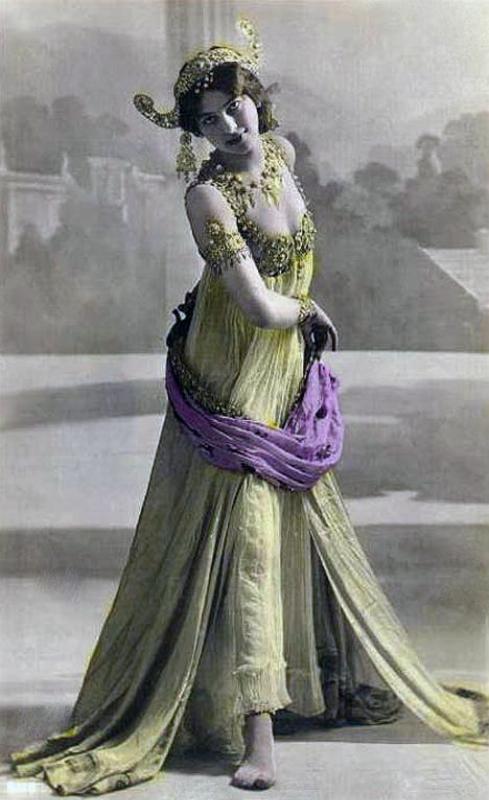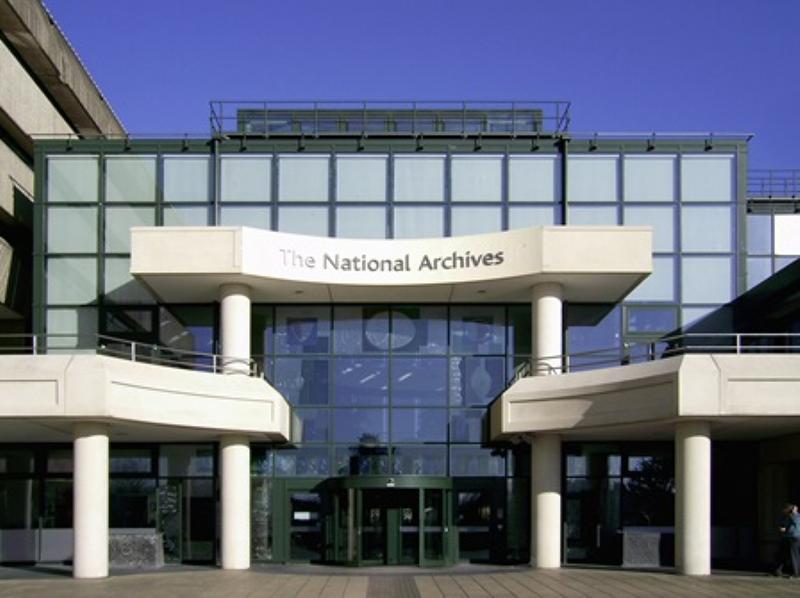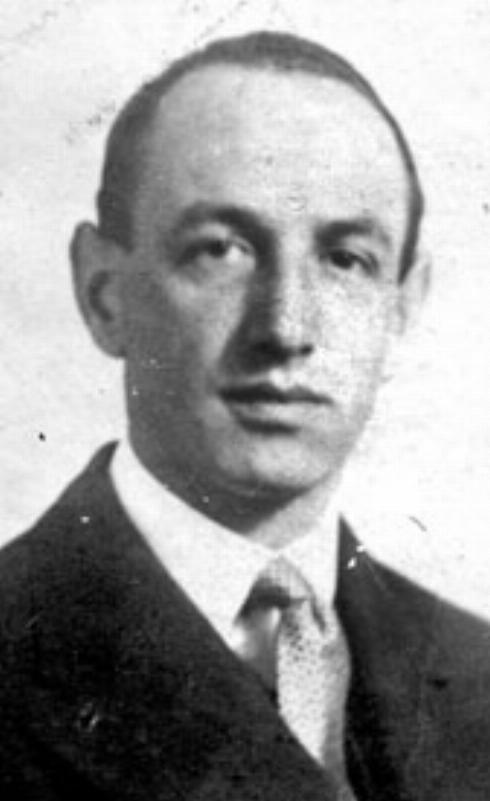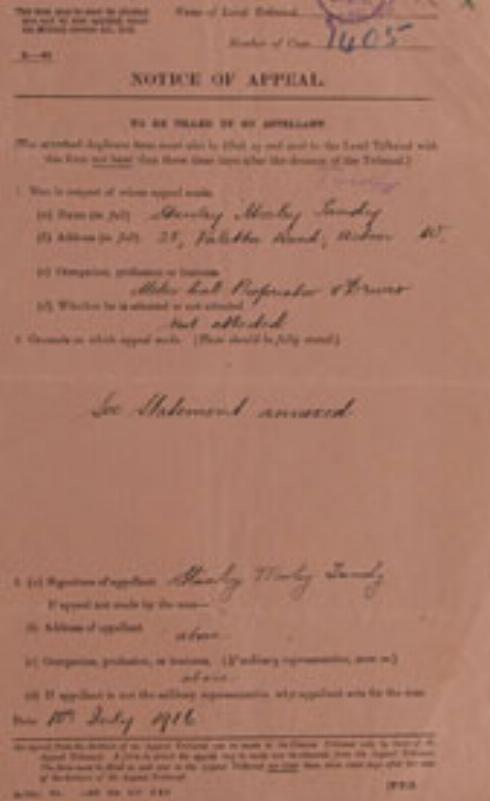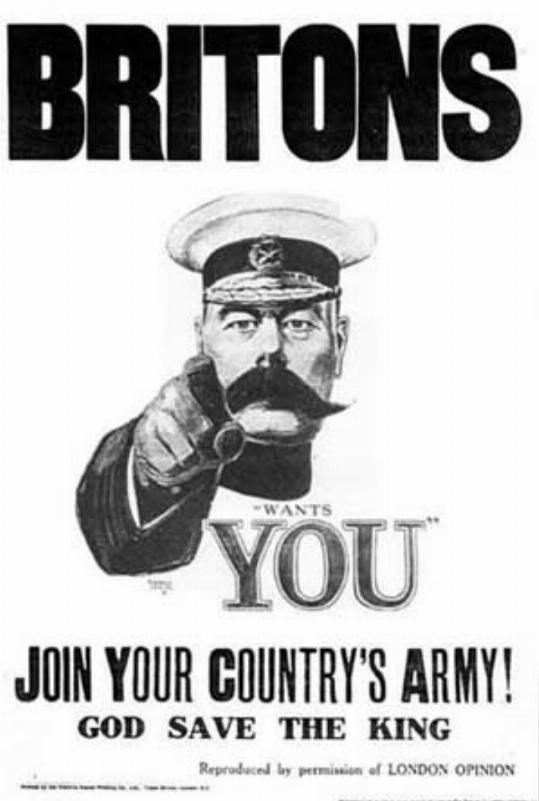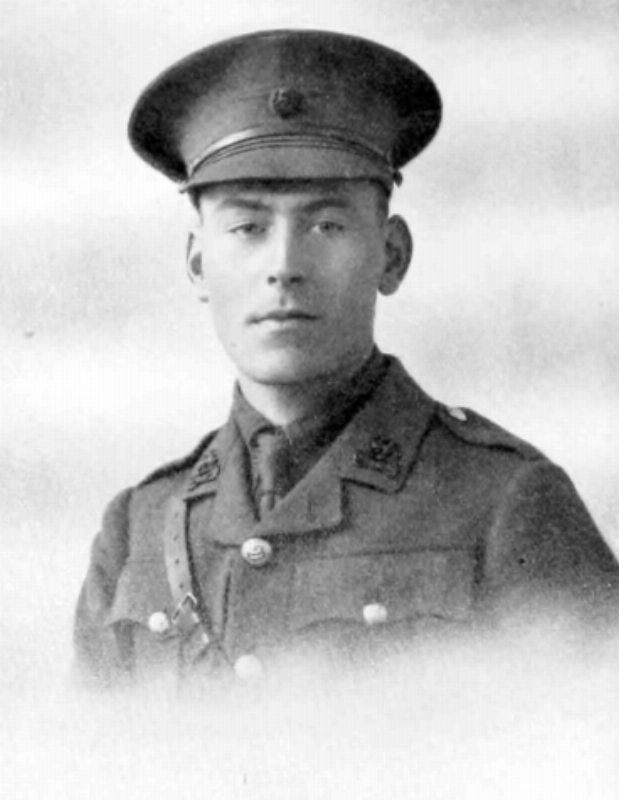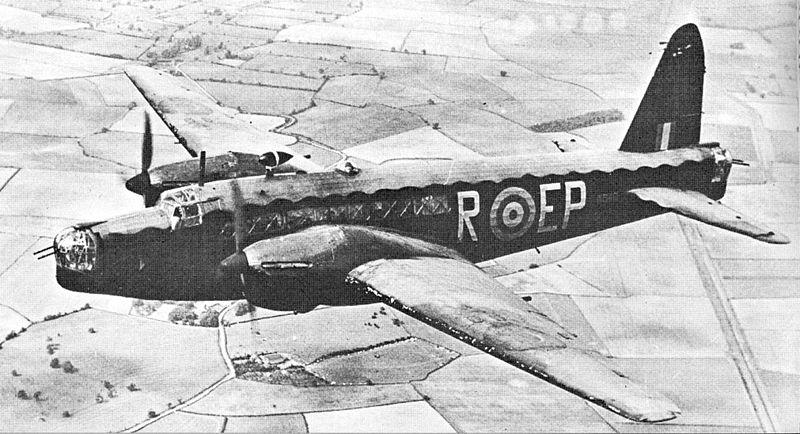7 ways to demolish your family history brick walls
Family history research is a rewarding and addictive hobby. However, we all reach a point when get stuck or hit that genealogy ‘brick wall’. At this point, it’s helpful to consult text books, visit family history society talks and also spend some time looking at the popular family history forums frequented by fellow family historians only too happy to offer help and advice.
Using this external help, I managed to discover 7 new techniques that helped me break down some difficult brick walls in my family history research. They may help you in your search.
1. A missing marriage record
Looking in numerous sources I could not find the marriage records for ancestors in the 1700s in my family tree. I was advised to take a look at the ‘Fleet Marriage’ record sets. Known as record set RG7 from The National Archives, they cover over 800,000 clandestine marriages conducted by unscrupulous clergy around the Fleet debtor’s prison near London. Covering the years 1667 to 1777, it covers over half of the marriages in London at this time.
2. County boundary changes throwing us off the scent..
Areas of England and Wales have undergone numerous county boundary changes over the years and it can throw us family historians off the scent. I was trying to trace an ancestor in the village of Cradley in Herefordshire. After struggling locating the whereabouts of my ancestor, it turns out in various census records, the village, moved between Staffordshire, Worcestershire and Herefordshire through boundary changes!
3. Overseas BMD records
Looking beyond the Civil Registration records helped open a few doors for me too. The National Archives overseas records can offer a great deal of record sets that can maybe help us track down that missing ancestor. There were 3 record sets I found useful, firstly RG33- Overseas BMDs of British Subjects (covering the years 1627 to 1960), this also included Lundy Island in Devon! RG32 covers Prisoners of War and Civilian Deaths overseas and finally RG34 which details foreign marriages including during World War 1.
The General Register Office (GRO) also have a number of overseas records including Marine & Army BMDs, Air Births, Informal certificates of births at sea and Consular BMDs. These records are also well worth taking a look at. I found TheGenealogist.co.uk particularly useful for records in this area.
4. A nonconformist ancestor..
If you’re struggling to find an ancestor in the parish records, it’s worth looking at other religious denomination records that may provide the details of an ancestor you’ve been looking for. I discovered an ancestor (fortunately!) in the Quaker records of the nonconformist registers from The National Archives (series RG6). The record not only recorded immediate family from the wedding but the whole congregation!
5. Finding missing relatives using street search
As many of our ancestors often lived close to each other, it is worth taking a look at street names to track down a missing ancestor, you just may discover ancestors you weren’t aware of living in the same street! I discovered new ancestors in a search using the Street Search on
www.TheGenealogist.co.uk
6. Family forename search
Using TheGenealogist website I was able to discover a selection of ancestors that had previously been eluding my best search efforts. They had moved away from their original family home and I was able to track them down using the Family forename search- inputting the first names of the family (they had a common surname of Smith), the website narrowed down my search and discovered them in the 1891 census in Grimsby!
7. Will Records
Will records are a great way of discovering more information about your ancestors that can really break down those brick walls. Many will records offer comprehensive details of our ancestors lives, what they achieved, how much they were worth, who they favoured in their immediate family and who would gain the most from the will. They can be fascinating documents and can explain a period in time in your family history you previously knew nothing about.
What techniques have you used to break down brick walls? Let us know in the comments box below.

